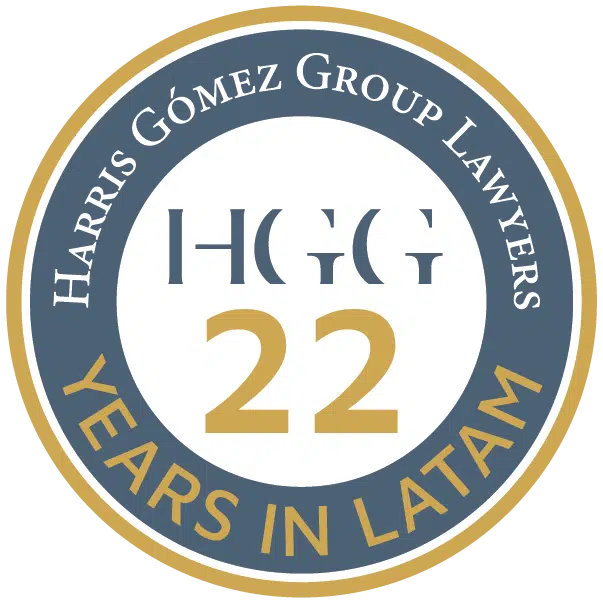Over the last few years, there has been an increasing amount of start-ups working on solutions for the mining industry. We have traveled extensively these past 12 months between Brisbane, Melbourne, Sydney, and Perth speaking with founders about their journies.
Through our conversations, we have come across starts-ups of all different types of situations. Some are newly established companies, comprised of old colleagues or friends, who were able to solve a problem with a solution they came up with. Other founders had taken technology developed within a university and we’re now commercializing it. There was also already established companies that were combining their resources to form new companies. As our firm takes an international view given our presence in Latin America, we have also come across METS companies that are creating partnerships in Chile or elsewhere in order to serve the market.
One of the key mistakes we often see these new companies make is that they don’t have a shareholders agreement in place or it was started but never finished. This is often one of the most important documents that a new company with more than one owner will draft.
A helpful way to think of a shareholders’ agreement is that it is essentially a pre-nuptial agreement for companies. This document will govern things like the relationship between the parties, how they behave towards each other, and what will happen should the relationship end.
Why is a Shareholders Agreement Important?
We see a lot of start-ups that don’t necessarily want to think about what might go wrong further down the line. Although it is true that a shareholders’ agreement won’t prevent a problem by itself, it will, however, regulate how this problem can be fixed and what actions will have to be taken to solve it. Similarly, the shareholders’ agreement will govern how a number of other important business decisions are made, how the company will raise further capital, and ultimately how investors will exit.
What should be included in the Shareholders Agreement?
Some key questions that you and your legal team will sit down to discuss may include:
- Who are the equity stakeholders and what will their voting rights be?
- How will directors be appointed?
- How will important business decisions be decided and approved?
- What will be the non-competition conditions place on shareholders be?
- What will the restrictions be on selling shares and raising additional equity capital?
- Will votes of the Board be one vote per Director or will they be proportionate to the number of shares held in the company?
- What will be the dispute resolution process?
There is no one way to draft a shareholders’ agreement, and its specific clauses will always depend on the circumstances of the company, what its shareholders itself agree upon, and what stage the company is at.
Seed Stage
At the seed stage, the shareholders’ agreement will serve to regulate mainly the basic issues regarding the relationship between the founders, starting from their equity stakes, contributions, obligations and roles, their dedication to the company, vesting regulations, etc.
This type of shareholders’ agreement can be negotiated and signed between the founders even before the company is created.
Early stage
At this stage, the startup has been around for some time so a shareholders’ agreement may be revisted if a new founder joins the company or if an early-stage investor backs the company. At this stage, two things might happen:
- The company had already a shareholders’ agreement that will need to be modified because of the entrance of the new founder or investor.
- The company did not have a shareholders’ agreement so it will be necessary to regulate the relationships between all the parties, as well as include control or economic clauses for the investor.
Growth Stage
At the growth stage, companies have usually already validated their business model and have found product/market fit, but are in need of an important cash injection to grow faster and reinforce its position.
At this stage, professional investors will take the lead in the negotiation of an investment agreement that will become the new shareholders’ agreement between all the parties involved in the operation.
Conclusion
If your start-up is getting to the stage where it has incorporated or investors have been found, it is probably the right time to get a shareholders’ agreement in place. One thing that should always be kept in mind is that a well-written shareholders agreement takes away a lot of unneeded stress from the shareholders, which has got a direct positive impact on the startup itself.
The exercise does not need to be expensive. The advantage of working with a firm such as Harris Gomez Group is that we have a history of working with METS companies, in particular, technology companies. This means that we can often put in place the initial draft much faster and cheaper then since we are well aware of the issues that are specific to the industry.
Without a doubt, the best time to get your business protected is right at the start which could ultimately protect you against costly disputes in the future.
Harris Gomez Group is a Common Law firm, with offices in Santiago, Bogotá, and Sydney. We also have legal teams in Peru, Bolivia, Ecuador, Brazil, and Argentina. Over the last 18 years, we have been supporting foreign companies with their growth in Latin America. Many of our clients are technology companies, service providers and engineering companies that focus on the mining, energy and infrastructure markets.
To better understand how we can support your management team in the Region, please contact us at hello@hgomezgroup.com






